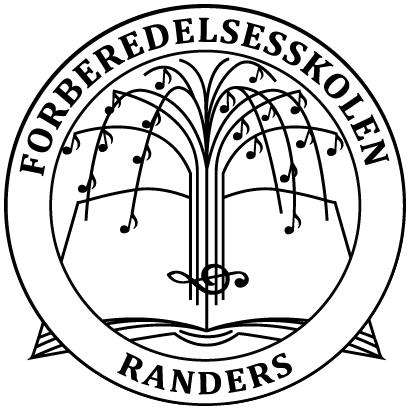Well-Being

All children have the right to a safe schooling environment. Safe schooling does not imply that all obstacles will be removed from the child’s school life. In a school – as in any other place where there is more than one person present – conflicts will occasionally arise. This is not negative in itself. Conflicts help children to mature, to speak up, and to improve their resilience and self-confidence. Bullying is the opposite of well-being. Bullying is a seemingly unmanageable problem for those who are affected by it, and can be defined as follows:
“A person is bullied or tormented when they are repeatedly exposed to negative actions from one or more persons over a period of time. The process is most often characterised by an imbalance in the power ratio between the parties.”

Bullying is not defined by chance teasing, by being in a fight with someone else, or by there having been verbal or physical abuse on one-off occasions. These are situations that will inevitably arise from time to time.
However, pupils who are bullied and of consequence do not thrive need help!
At Forberedelsesskolen the class forms the framework for the pupil in which they, despite differences amongst everyone, must learn to behave in the right way. The teacher is the leading guide in this framework, and the pupils are taught to inform the teacher if the well-being of one of their classmates is negatively affected. In the class environment, both pupils and teachers have a responsibility for one another.
The school aims – according to the pupils’ age – to create a manageable teaching environment in a well-planned framework, so that the students know what is expected of them.
The class talks about rules that promote the well-being of the pupils, and use “Klassetrivsel”, an online well-being program that the school has access to.
The school attaches great importance to shared experiences such as school camp, as in addition to the academic side of things, they serve to support the social life of the entire school.
Parents are encouraged to plan private social events for their child’s class. The school’s hall along with tables and chairs can be borrowed free of charge for such events.
An annual survey is held at the school to look into the general well-being of the pupils. If there are found to be any problems with their well-being, their teacher will be the first person to tackle this by doing the following:
– The teacher talks to the involved parties and follows up on the problem
– The teacher talks to the class, as the students must understand their co-responsibility in the situation
– The teacher discusses the matter with other teachers
– The teacher informs the parents
– The teacher informs the school leadership
If the problem can still not be resolved, the school leadership gets involved with the matter:
– The leadership talks to the involved parties
– The leadership talks to the class
– The leadership talks to the parents
– The leadership decides whether additional bodies should be involved in finding a solution
The school expects parents to positively support the well-being of the pupils, most importantly by following your own child’s schooling. In there are any concerns about the well-being of your child or bullying, please contact your child’s class teacher.
As part of the attempt to solve any problems with a pupil’s well-being, involved parents may be summoned to a meeting at the school.

In order to support the well-being of the pupils, the school has, in addition to the above:
– A “Bully’s suitcase”
– Material from the Danish Center for Teaching Environment
– “Klassetrivsel” (“Classroom well-being”) – an online tool about well-being
– “Friendship classes” – 0th and 5th grade
– Supervision of pupils during breaks – including meal breaks
– A school camp for all students
– Morning songs every Friday, where all students are brought together
– Focus on ensuring a strong feeling of togetherness during the school day

